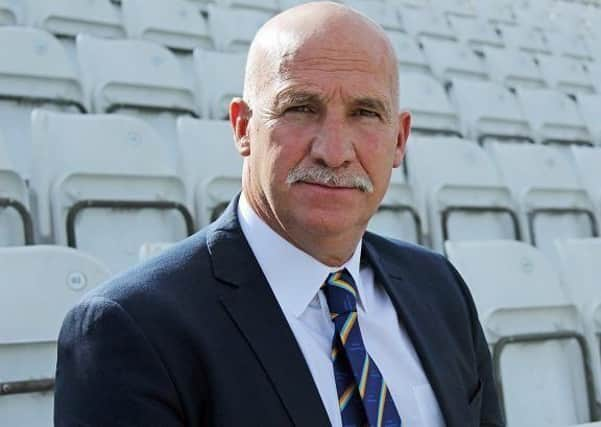Barnett eyes two new overseas players for Derbyshire


The club were quick to secure the services of former West Indies international Ravi Rampaul on a three-year deal in October, but Barnett wants to strengthen the bowling department further before the start of the season in April.
Rampaul has featured in 133 international matches and alongside Hardus Viljoen, who returned Derbyshire’s fifth best match figures in 2017 with 15-170 against Sussex, will help to provide a strong bowling unit in both four-day and limited overs cricket.
Advertisement
Hide AdAdvertisement
Hide AdHowever, with the three formats coming in blocks throughout the summer, Barnett is now targeting two further overseas signings to fill vacant slots at either end of the campaign.
He said: “We’re hoping to sort an overseas spinner for the second half of the season, to play in the T20 Blast and later four-day matches. We’re also looking for a 50-over seam bowler who will also do the first half of the season in four-day cricket.
“Obviously, we also hope to have coach John Wright back as he is important to continue the good work in the T20 Blast.”
Leading recruitment and off-field strategy alongside captain Billy Godleman, Barnett wants to strengthen ties between the first team and the club’s academy too to ultimately create a stronger squad with talented players coming through.
Advertisement
Hide AdAdvertisement
Hide AdHe added: “We’re aiming to have quality over quantity in the squad. The beauty of having a smaller squad is that loan players are always available further down the line.
“You should be a first-team player if you are ready, and a developing player if not. Ultimately, the club needs to have a squad of around 14 for the first team, supplemented with developing players.
“This gives opportunities for trialists and academy players to play in the second team, where they can learn their trade. If you have too many staffed players, the juniors get pushed to one side.”